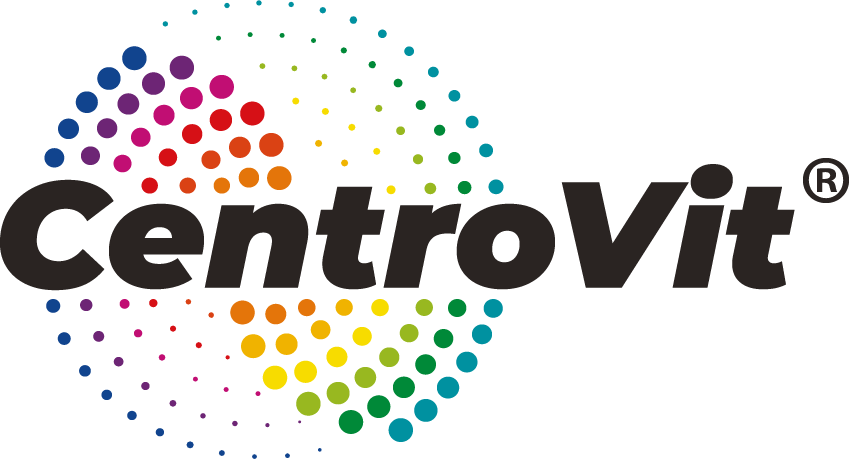Vitamins - The importance for a healthy lifestyle
Vitamins are vital organic nutrients (micronutrients) that cannot be produced by the human metabolism or can only be produced insufficiently.
Our body needs them constantly in order to carry out metabolic processes, building processes and repair mechanisms smoothly.
The body is therefore dependent on the daily intake of vitamins through food. Accordingly, vitamins and their precursors (provitamins) are essential nutritional components.
For example, vitamins are involved in the conversion of carbohydrates, fats and proteins into energy. We also need them to form hormones, enzymes and blood cells. Some vitamins improve the absorption of minerals, which are also essential for life, and some vitamins have an antioxidant effect.
Our bodies do not usually produce vitamins themselves. One exception is vitamin D, for example, which is produced when the skin is exposed to sunlight. We have to take most of the other vitamins in with food or in the form of food supplements. A healthy, varied diet provides the body with essential vitamins every day.
Subdivision
Based on their solubility, vitamins are divided into two groups:
- into the hydrophilic (water-soluble) vitamins and
- the lipophilic (fat-soluble) vitamins.
In order to utilize fat-soluble vitamins from food, the digestive system also needs fats. With adequate intake, the body can create deposits of these vitamins. Our organism can only store water-soluble vitamins to a limited extent. Excess is excreted in the urine.
The water-soluble vitamins include :
- Vitamin C and
- the vitamin B complex.
The fat-soluble vitamins include :
- Vitamin A
- Vitamin D
- Vitamin E
- Vitamin K

